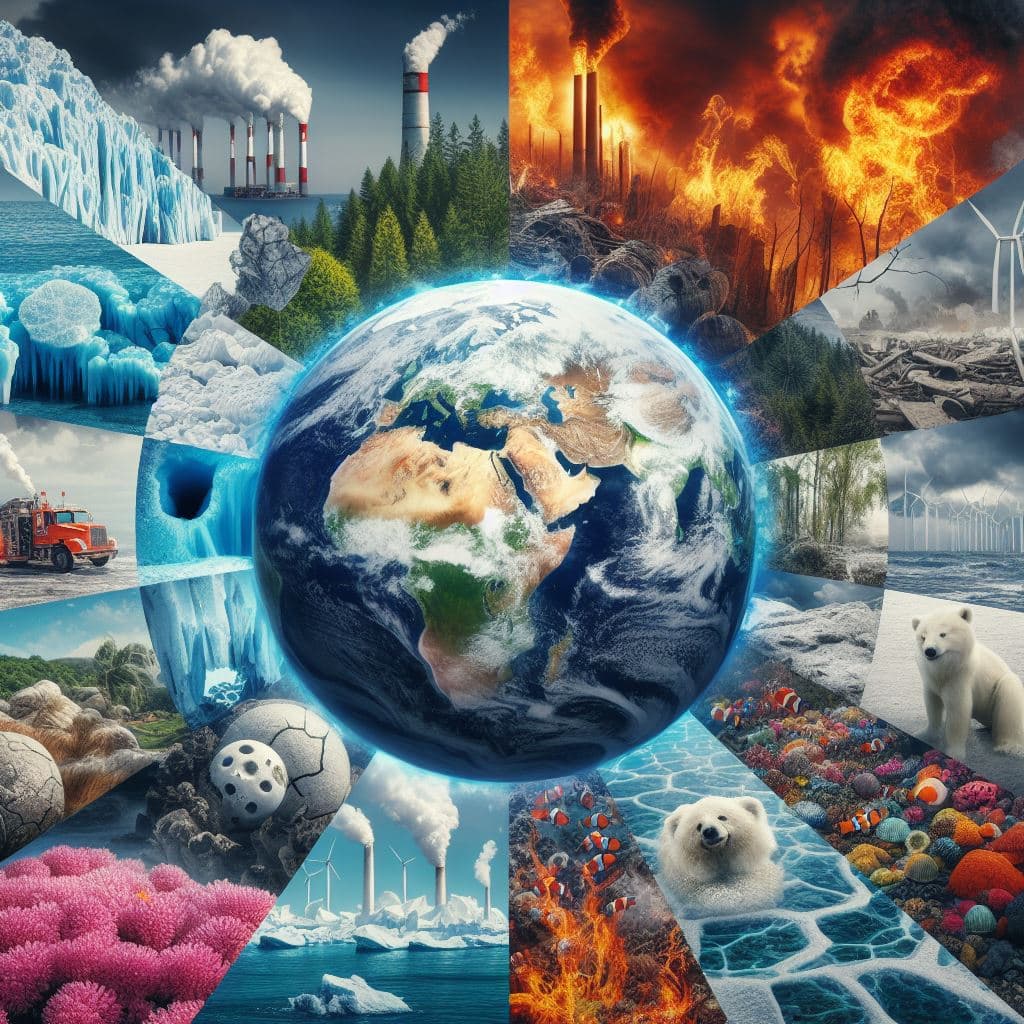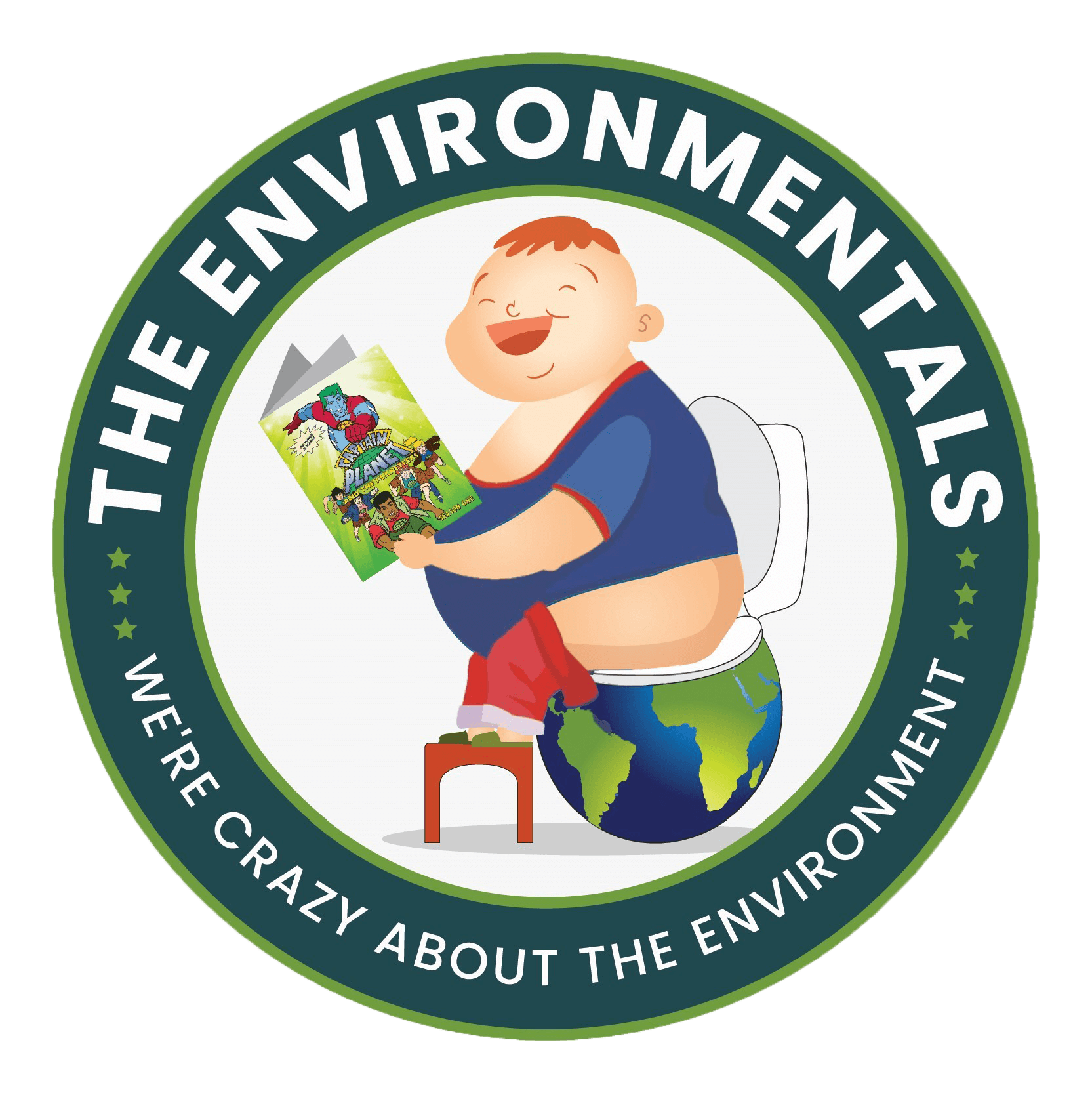Global Warming and Climate Change
Understanding Global Warming and Climate Change: The Science Behind Our Changing Planet
Global warming & climate change are often used interchangeably, but there are subtle distinctions. Global warming refers specifically to the long-term rise in Earth’s average temperature. This warming is primarily caused by human activities that increase greenhouse gases in the atmosphere. Climate change, on the other hand, encompasses the broader effects of global warming on our planet’s weather patterns, ecosystems, and overall climate.

The consequences of global warming is far-reaching:
We’re witnessing rising sea levels, and more extreme weather events like heatwaves, droughts, floods, and stronger storms. Melting glaciers and ice sheets disrupt natural water cycles and threaten coastal communities. Changing weather patterns are disrupting agricultural production, impacting food security for millions.
The Urgent Call for Global Warming and Climate Change
In the face of our planet’s escalating climate crisis, the terms “global warming” and “climate change” have become not just scientific concepts but urgent calls to action. Global warming refers to the long-term heating of Earth’s climate system observed since the pre-industrial period due to human activities, primarily fossil fuel burning, which increases heat-trapping greenhouse gas levels in Earth’s atmosphere. This phenomenon is driving changes in our climate system, known as climate change, which encompasses not only rising average temperatures but also extreme weather events, shifting wildlife populations and habitats, rising seas, and a range of other impacts.

Our Mission
Our response to this crisis must be equally unprecedented. It requires a collective effort from governments, businesses, communities, and individuals. We must transition to renewable energy sources, invest in energy efficiency, and develop sustainable practices that reduce our carbon footprint. Moreover, we must protect and restore ecosystems that act as carbon sinks, such as forests, peatlands, and oceans.
The role of environmental NGOs is critical in this fight against global warming. They serve as the voice of reason, the mobilizers of society, and the watchdogs holding those in power accountable. Through advocacy, education, and hands-on projects, NGOs can drive the change needed to ensure a sustainable future for all.
